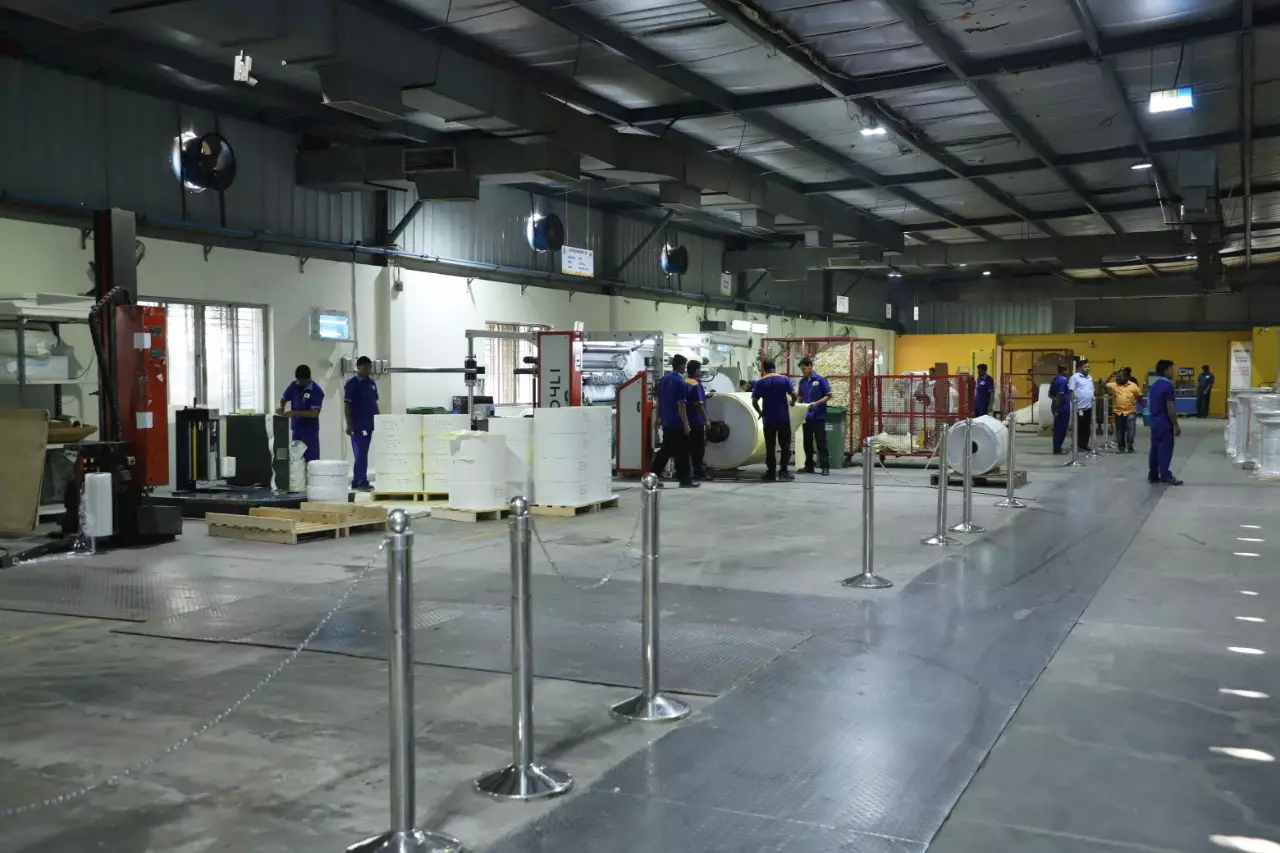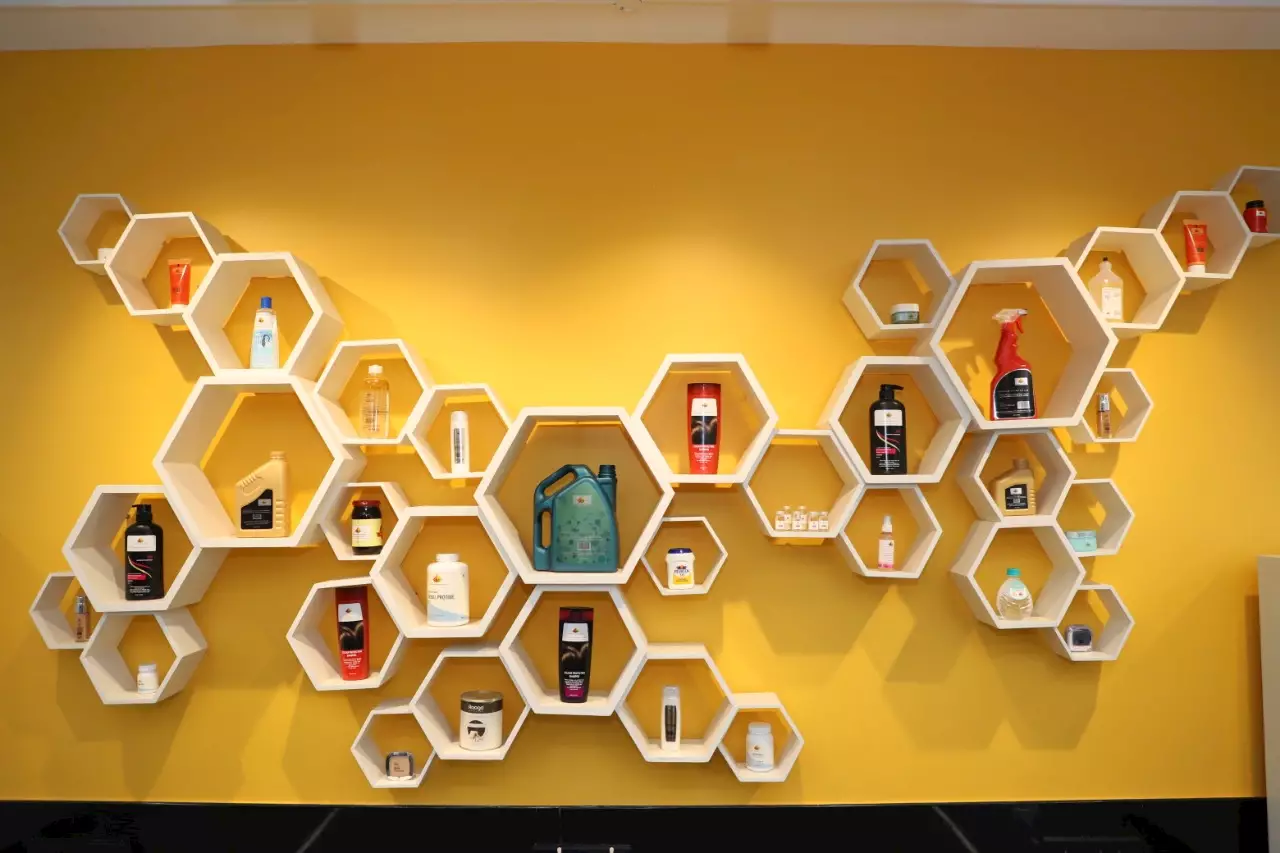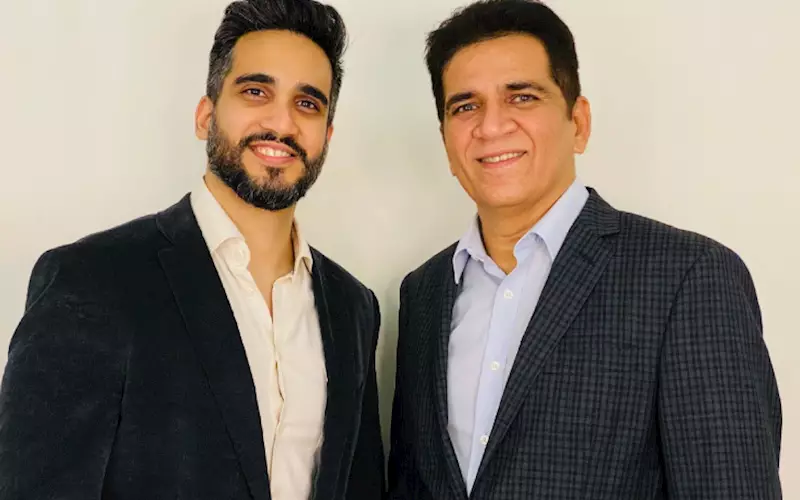Ajay Mehta: We should take a call for a proper recycling chain
“Covid-19 has shown us the true importance of plastics as it has enabled the commercial and convenience aspects of plastics to take the front seat,” says SMI Coated Products' Ajay Mehta.
He also highlights that it is imperative we use plastics responsibly as per the technical requirements and ensure that sustainable measures don’t take a back seat amid a pandemic. And one such way to progress in the field of sustainability would be to create a proper recycling chain and boost the collection mechanism in the country.
Likewise, in addition to green practices, Mehta shares insights on the pandemic’s impact on the print industry and why it is essential to establish a structured way of working
03 Jul 2020 | By WhatPackaging? Team
Covid-19’s impact on the Indian print industry
A major portion of the printers in India are in the MSME segment. Maintaining social distancing in these units is a tough task and automation is out of the question due to the lack of funds. Moreover, a lot of the work is done by contract workers, which has been affected by the migration of labourers. And the majority of printing units are a source of livelihood with limited availability of funds to withstand any major losses.
With the future of print and its ancillary industries under threat, it will lead to a reduction of printing jobs, thereby possibly reducing the market size. The crisis will also force printers to provide service to only those clients who can afford sooner or immediate payments. However, we are optimistic that the print and packaging industry will do well, as some new avenues will open up in the hygiene sector.
A structured way of working is the need of the hour
Employees desire a good work environment bundled with a sense of belonging and pride for their organisation. The youth want ownership and freedom. Unfortunately, printing being an owner-driven industry gives little scope for a new entrant to explore. Thus, the industry should work on giving more freedom and responsibility to its new recruits. A structured growth and way of working is the need of the hour. The new talents need a working place that fits their educational qualification and expected lifestyle.

Plastics and the pandemic…
It is crucial to create a proper recycling value chain. Giving financial incentives for recycling activities is one good way, but positioning collection bins at multiple locations would be a better approach. This has to be supported with a quick clearance of the bins. It is a mammoth task, but the sooner we implement it, the better will be our country’s efforts towards a sustainable future.
Elasticity in pricing
Printers who value themselves find a way of pricing their products and services well. It is the printer’s job to identify the value he is adding to his customer’s product through his services. Perceptions are very important to bring in elasticity in pricing.
Increasing value within the customer’s business
We export 50% of our products. When we started exporting in 2004, a 20-foot container would carry around 80,000 square metres of labelstocks. We changed this packing to load 60% more which is 1,30,000 square metres. This brought about a sea of change in the cost of freight as well as reduction of fuel. Today, the world standard has become 1,30,000 square metres in a 20-foot container.

Sustainable projects at SMI
The company has constantly been working to use thinner material for its stocks. One example of this is its 57-gsm release liner against the previously used 61-gsm. “This resulted in saving 40 tonnes of release liner per month,” says Mehta.
In addition, SMI replaced 85-micron PE with 60-Micron PP in a particular application, which led to seven tonnes of lesser plastic consumption per month. “Each one of us will have to look at our resource consumption and work towards a more sustainable way of leading our lives,” he adds.











 See All
See All